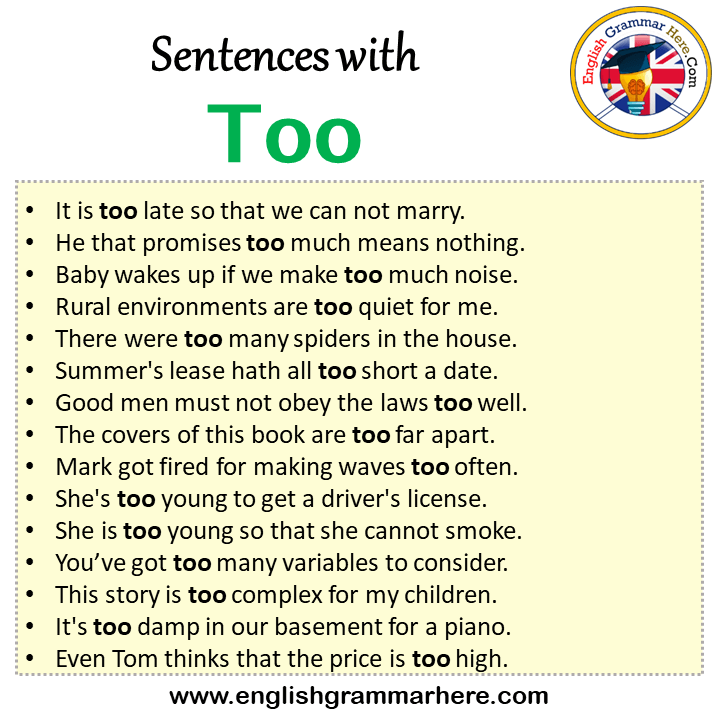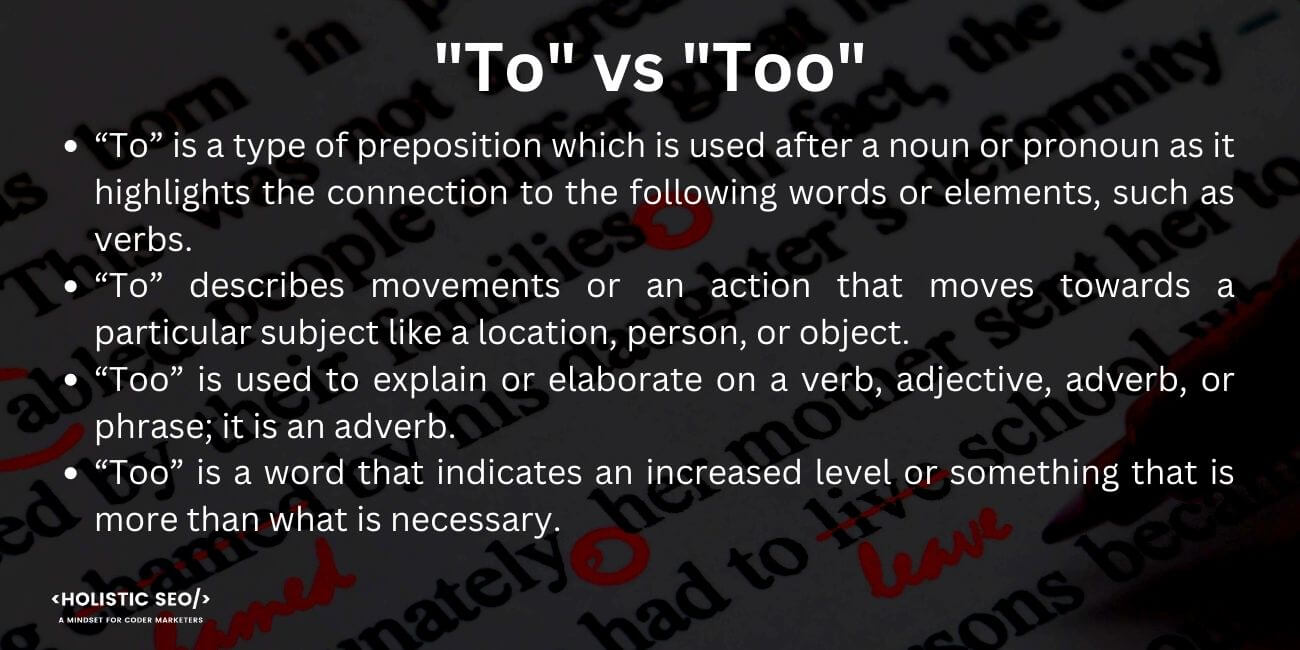Unveiling Cuteness: The Linguistic Charm Of A "Too Cute" Girl, Blindfolded
The English language is a fascinating tapestry of words, each carrying its own weight, nuance, and power. Sometimes, a simple phrase can conjure a vivid image, sparking curiosity and inviting deeper thought. Consider the evocative phrase: "a too cute girl is blindfolded." What does it bring to mind? Perhaps an innocent game, a moment of vulnerability, or an intriguing mystery. But beyond the immediate visual, this phrase also offers a perfect lens through which to explore one of English's most common, yet often misused, words: "too."
At first glance, "too cute" might seem straightforward. But the word "too" here isn't just an intensifier; it carries a specific meaning that elevates "cute" from merely pleasant to something almost overwhelming or beyond the expected. And when you add the element of a blindfold, the phrase takes on layers of meaning, inviting us to ponder perception, innocence, and the subtle power of language.
Deconstructing "Too Cute": More Than Just Adorable
When we describe something as "too cute," we're not just saying it's very cute. The word "too" signifies an excess, a degree that goes beyond what is simply desirable or expected. It implies:
- More than is needed or wanted: Her cuteness might be so profound it's almost distracting.
- More than is suitable or enough: It's not just cute; it's overwhelmingly, excessively cute.
- To an excessive extent or degree: Her adorableness reaches a level that stands out significantly.
In this context, "too" acts as an adverb, modifying the adjective "cute" to suggest an intensity that borders on the extraordinary. It hints at a quality so potent it might even be disarming. Imagine a kitten so fluffy, with eyes so big, that you can barely stand it – that's "too cute." It's a level of cuteness that might make you exclaim, "Oh, she's just *too* cute!"
The Power of "Too": A Linguistic Deep Dive
The word "too" is an adverb with two primary meanings, both of which are crucial for understanding its impact:
- "Also" or "In addition": This is its meaning when it functions similarly to "as well." For example, "I'd like to go, too." Or, as the data suggests, "Young, clever, and rich too." Here, it simply adds another item to a list or thought.
- "To an excessive amount or degree": This is the meaning at play in "too cute." It indicates that a limit or boundary has been exceeded, that something is "beyond what is desirable, fitting, or right." Think of phrases like "don't add too much sugar" or "I have too many things to do." In these cases, "too" signals an undesirable excess.
It's important to distinguish "too" from "to." While "to" and "too" are pronounced identically, they have very different meanings and usages:
- "To" generally shows direction (e.g., "going to the store") or is part of an infinitive verb (e.g., "to run"). It is a preposition or part of an infinitive.
- "Too" is an adverb, meaning either "also" or "excessively."
The difference between "to" vs. "too" is a common spelling error found in writing. Understanding this distinction is vital for clear communication. When you use "too" before an adjective or another adverb (like "too cute" or "too quickly"), you are almost always indicating an excessive degree.
Furthermore, "too" can be used at the end of a sentence to emphasize an opinion or a surprising piece of information. For instance, if someone says, "The movie was good," and you want to emphasize your agreement and add a surprising element, you might say, "Yes, and the ending was quite shocking, too!" This usage highlights the unexpected or important nature of the added comment.
The Blindfold: Adding Layers to Perception
Now, let's bring the blindfold into the picture. The phrase "a too cute girl is blindfolded" introduces an element of mystery, vulnerability, and altered perception. A blindfold immediately shifts our focus from visual cues to other senses and interpretations:
- Heightened Other Senses: With sight removed, other senses might become more prominent. We might imagine her listening intently, perhaps feeling her way, or relying on her intuition.
- Vulnerability and Trust: A blindfolded person is inherently vulnerable. This suggests a situation where trust is either given or required. Is she playing a game? Is she being led? The blindfold adds a layer of innocence mixed with a hint of delicate reliance.
- Mystery and Intrigue: What is happening? Why is she blindfolded? The lack of visual information fuels our imagination, turning a simple description into a mini-narrative. It makes her "too cute" quality even more intriguing, as we can't fully see the extent of it, only infer it.
Beyond Sight: Experiencing Cuteness Differently
If the girl is "too cute" but blindfolded, how do we perceive that overwhelming cuteness? It forces us to look beyond superficial appearances:
- Through Demeanor: Her posture, the way she holds her head, the slight tilt of her body—these non-visual cues can convey her inherent adorableness.
- Through Voice and Laughter: A soft giggle, a gentle sigh, or a sweet-sounding question can all contribute to the perception of her being "too cute."
- Through Context: The situation she's in—a game of blind man's bluff, a surprise party, or a moment of quiet reflection—can color our interpretation of her cuteness.
The blindfold transforms the experience of "too cute" from a purely visual one into something more holistic and imaginative. It encourages us to engage with the phrase on a deeper, more empathetic level.
The Narrative Potential: Why This Phrase Resonates
The phrase "a too cute girl is blindfolded" resonates because it blends several compelling elements:
- Innocence and Vulnerability: The "cute girl" aspect speaks to innocence, while the "blindfolded" part introduces vulnerability, creating a powerful emotional contrast.
- Mystery and Curiosity: The blindfold instantly creates a narrative gap that our minds rush to fill. What's the story here?
- Sensory Engagement: It prompts us to think beyond sight, engaging other senses and our imagination.
- Linguistic Precision: The precise use of "too" elevates the description, making the cuteness not just present, but overwhelmingly so.
This phrase could be the opening line of a story, a poetic image, or even a thought experiment. It highlights how specific word choices, like the adverb "too," can dramatically alter the impact and meaning of a sentence, turning a simple observation into a profound image.
Examples of "Too" in Context (Beyond Cuteness)
To further solidify our understanding, let's revisit some common uses of "too" as an adverb, reinforcing its versatility:
- Meaning "Also":
- "She's a talented singer, and a great dancer, too."
- "I enjoyed the book, and the movie was good, too."
- Meaning "Excessively":
- "The coffee was too hot to drink." (Beyond a desirable temperature)
- "He drives too fast." (Beyond a safe or acceptable speed)
- "There's too much noise in here." (An excessive amount)
- Emphasizing an Opinion/Surprise:
- "I thought the presentation was excellent, and the Q&A session was very insightful, too."
- "They finished the project ahead of schedule, and under budget, too!"
These examples illustrate how "too" consistently refers to something being in excess or beyond a desirable/acceptable level, or simply adding information in an emphatic way. This guide aims to teach you how to use them properly, ensuring your writing is precise and impactful.
Conclusion: The Art of Evocative Language
The phrase "a too cute girl is blindfolded" is far more than just a random collection of words. It's a testament to the power of language, particularly the subtle yet significant role of words like "too." It creates an image that is at once innocent, mysterious, and deeply intriguing. By understanding that "too" means "excessively" in this context, we grasp the overwhelming nature of her cuteness. And by adding the blindfold, the phrase invites us to perceive beyond the obvious, engaging our imagination and empathy.
Ultimately, this simple phrase serves as a powerful reminder that every word counts. The careful selection and placement of words, especially adverbs like "too," can transform a basic description into a rich, multi-layered image that resonates deeply with the reader, proving that even a single word can unlock a world of meaning.
Final Summary: The phrase "a too cute girl is blindfolded" evokes a powerful image, using "too" to signify an excessive or overwhelming degree of cuteness. This article explored the linguistic nuances of "too" (meaning "also" or "excessively"), distinguishing it from "to," and discussed how the blindfold adds layers of vulnerability, mystery, and altered perception, encouraging a deeper, more imaginative engagement with the scene.

Sentences with Too, Too in a Sentence in English, Sentences For Too

Hyphen vs Dash: Difference between Them and How to correctly use them

VERY, TOO, ENOUGH general gramma…: English ESL worksheets pdf & doc